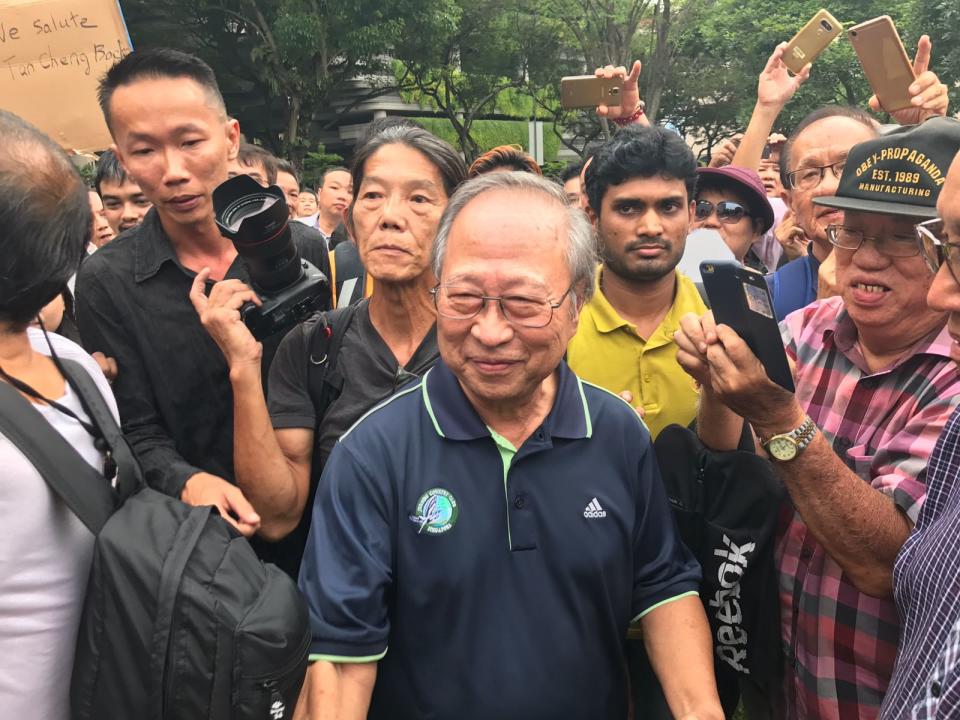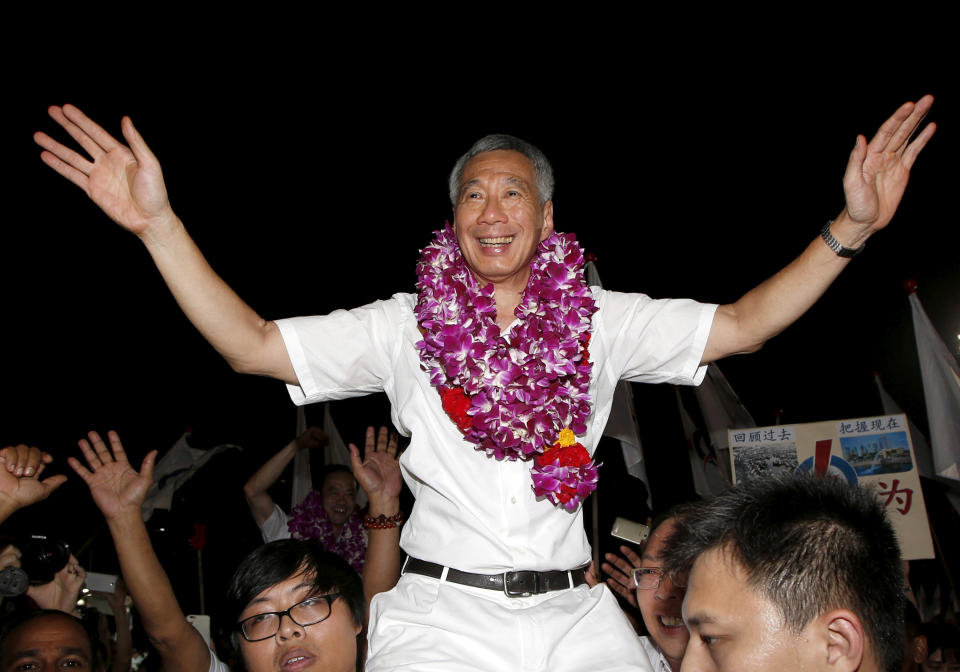COMMENT: What is the true political price of Presidential Election 2017?

Almost three weeks after Halimah Yacob was sworn in as president of Singapore, we are still talking about the reserved presidential election. But it’s not the naysayers who are doing it. Instead, it’s the party with the most incentive to move on: the government.
Last month, no less than Prime Minister Lee Hsien Loong, along with his deputies Teo Chee Hean and Tharman Shanmugaratnam, addressed the issue separately.
In particular, the reserved election was couched by PM Lee as an act of political courage. “Did I know that…it would be unpopular and would cost us votes? Yes, I knew,” said Lee at a recent dialogue session. “But I did it, because I strongly believe, and still do, that this is the right thing to do,” he added.
The remarks from the political heavyweights came in the space of just nine days. And there is certainly cause for concern by the government.
Days after Halimah was certified as the sole eligible presidential candidate, a survey by global media monitoring house Meltwater showed overwhelmingly negative sentiment by Singaporeans towards the election.
Hundreds, including former presidential candidate Tan Cheng Bock, also turned up to stage a silent protest at Hong Lim Park against the election.

What will be the political price?
Perhaps some of the unhappiness is down to what Aljunied Member of Parliament Sylvia Lim called the government’s “inconsistent explanations” for the reserved election. Lim made the comments in Parliament on Tuesday (4 October), while speaking on the term count for the reserved election.
“It seems to me that the top government leaders have been going into overdrive, trying hard to convince Singaporeans that the Elected Presidency is an integral pillar of Singapore’s commitment to multiracialism.
“The government now appears to be well-aware of the unhappiness on the ground caused by its manoeuvres to install President Halimah,” said Lim to the House.
At another dialogue in early September, Minister in the Prime Minister’s Office (PMO) Chan Chun Sing echoed PM Lee’s sentiments.
“We are prepared to pay the political price because we think the future of our country is much more important than any political capital that we may have for this generation.”
For all the brave talk, a source within the People’s Action Party (PAP) confirmed that the ruling party is nervous about ground sentiment, especially in the lead-up to the next General Election. Even Halimah’s efforts to win over the hearts and minds of Singaporeans might not change this.
According to mainstream media reports since her inauguration, she has visited those in need (‘President Halimah visits a disability service that she helped birth as a Minister of State’), weighed in on aviation matters (‘Singapore cannot afford to be complacent in aviation ambitions: President Halimah’) and even dispensed marriage advice (‘President Halimah Yacob shares 3 lessons she learned in more than 30 years of marriage’).

The next general election
But true to its reputation as the Plan and Plan Party, the PAP has already begun its opening moves ahead of the next GE, which is slated to take place by 15 January, 2021.
Tan Chuan-Jin, once considered a prospective Prime Minister, has replaced Halimah as Speaker of Parliament. PM Lee also said back in April that there would be “more new ministers, more changes” in his Cabinet in 2018.
Who might be reshuffled? Perhaps we might look to the Deputy PMs, who double as Coordinating Ministers and are in their 60s. Khaw Boon Wan, who is both Transport Minister and Coordinating Minister, is also turning 65 this year.
Will Lee give a clear signal as to who will succeed him? Chan and Education Minister (Higher Education and Skills) Ong Ye Kung, who are considered as frontrunners to be the next PM, could well assume new roles.
One thing is clear: for all the discontent generated by the presidential election, it is just one of many factors that will impact the next GE. The prevailing myriad of political, social and economic circumstances at the time will determine the fortunes of the ruling and opposition parties, and the walkover PE may well have receded from the memories of voters by then.
Related stories:



